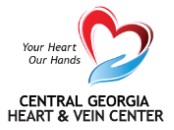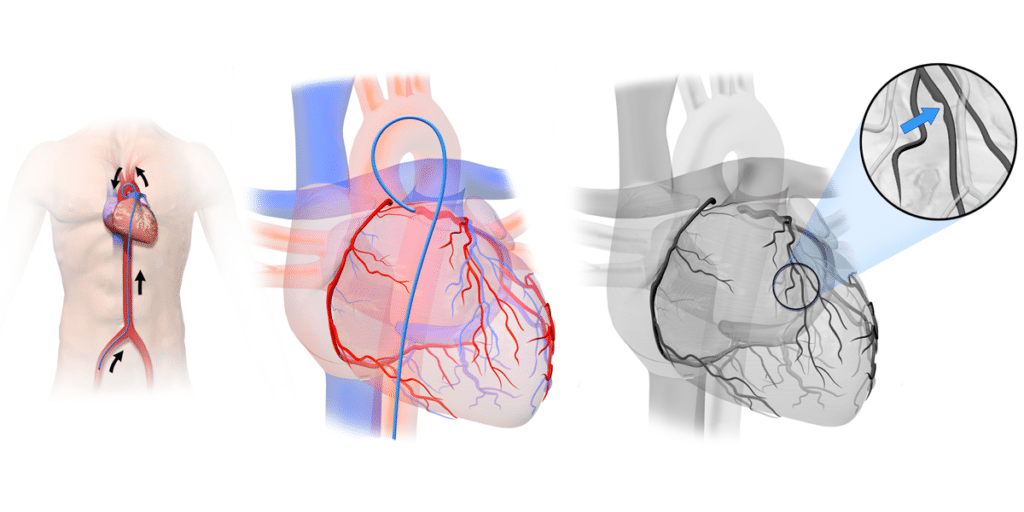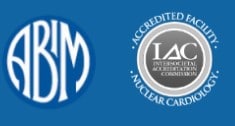Cardiac Catheterization is a procedure performed by the cardiologists here at Central Georgia Heart Center to better understand the condition of a heart. This procedure is performed by placing a thin catheter into a large blood vessel. This is done to determine if you have any disease in your cardiovascular system and get a better picture of your blood flow into your heart. During this process, cardiologists use dye and X-Ray imaging to determine if and where an artery may be blocked. There are very few risks involved making it an ideal option for many of our patients.
Why would you need a cardiac catheterization?
First, your heart doctor may need vital information about the inner workings of your heart and to identify any problems that may result in blocked arteries. Cardiac catheterization performed by our doctors in Macon, Georgia can offer results for the best plan of action needed. Here is a list of common things we look for:
- Find Narrowed or blocked arteries
- Widen narrowed or blocked arteries
- Get a pressure reading on each chamber of your heart
- Measure oxygen content on the four chambers of your heart
- Assess your heart’s pumping ability and pressure
- Look for defects or malformations in your heart
- Take a biopsy
What are the risks?
Cardiac cath is usually very safe. A small number of people have minor problems. Common problems include nausea and a small amount of bruising near the puncture site. Most side effects pass within the first 24 hours of the procedure.
How Do I Get Ready?
Here are a few tips to prepare for a cardiac catheterization courtesy of the American Heart Association.
- You will be given instructions about what to eat and drink during the 24 hours before the test.
- Usually, you will be asked not to eat or drink anything for six to eight hours before the cath procedure.
- Tell your doctor about any medicines (including over-the-counter, herbs and vitamins) you take. The doctor may ask you not to take them before your cath procedure. Don’t stop taking your medicine until your doctor tells you to.
- Tell your doctor or nurse if you are allergic to anything, especially iodine, shellfish, latex or rubber products, medicines like penicillin, or X-ray dye.
- Arrange to have someone drive you home after your procedure.
- If you usually wear a hearing aid, wear it during your procedure. If you wear glasses, bring them to your appointment.





